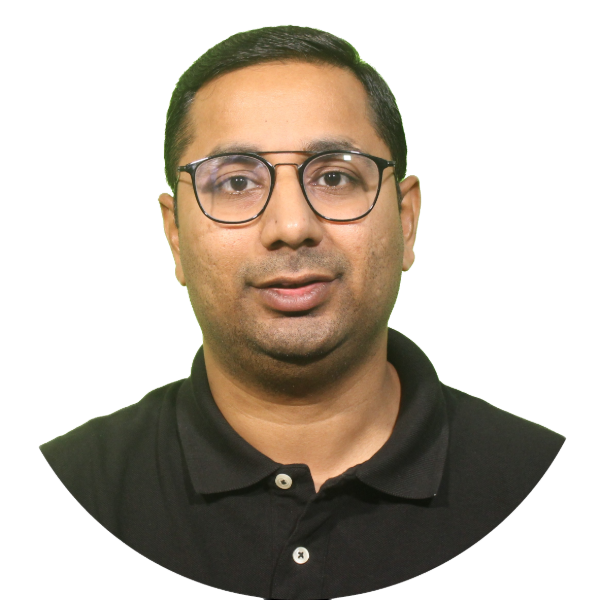Masters In Germany
Why Study In Germany
1. With more than 409 higher education institutions across the country, Germany provides the possibility to choose from 4,500-degree programs.
2. 11 out of the 16 states in Germany have no tuition fees at all. Some states require a maximum of only 500€ per year.
3. German universities and their professional academic staff offer high-quality and up-to-date education in Engineering, Medicine, Science, and Economics.
4. The cost of living, on average, is around 700-800€. This includes rent, food, transport, health insurance, telephone/internet, study materials, and leisure activities.
5. International students have multiple options for Germany fully funded scholarships to fund their studies by DAAD.
6. Many universities offer international courses in the English language as well. The German language can be handy but it is not a mandatory requirement.
7. International students can work for 90 full working days or 180 half working days. Typical student wages range from 10 to 15 Euros an hour.
8. Foreign students can stay for a year after graduation, in the event of looking for a job. Germany offers long-term work opportunities for successful students.
9. Besides studying, students have the chance to live and explore one of the world’s most developed countries.

Type of Masters’s Degree
There are two types of Ms degrees in Germany which students can choose depending on their preferences.
A Consecutive master’s degree
(This category of degree refers to students who plan to pursue their master’s degree from the same and closely related field that they graduated in Bachelors in this type only the candidate with the relevant bachelor’s degree will be accepted.
For Example: If you are a computer Engineer you can select courses related to your course like software engineering, machine learning, web development for your ms specialization.
- A None Consecutive master’s degree
The Second type of degree refers to students who plan to pursue their Ms in a different but related area. None consecutive degree suits the student who plans to work in between the UG & PG.
For example, if you are an Electronics Engineer and planning to move to mechanical engineering, you have to produce relevant work experience in Mechanical.
Types of Institutes in Germany
Hochschule or Technical Universities
Technical universities which specialized in the domain of (Engineering, Science &Technology).
Hochschule Hannover (UNI PIC) focuses more on research-based and course work. Its curriculum is designed for research work & projects popular Masters & Ph.D. Degree falls in this category.
Fachhochschule or University of Applied Science
Universities of Applied Sciences focus on the practical aspect of (social science, engineering & Business). These universities also have a partnership with a commercial organization.
Fachhochschule Brandenburg (UNI PIC) the course work in these universities is more theory-based & practice-oriented
For Example, courses like life science, & business come under this wing of universities.
Admission Intakes in Germany
German universities have two main intakes
- Summer Intake
- Winter Intake
The deadline in January & March covers admission sessions and top universities to target.
Study Abroad Updates
We are your one-stop website for everything related to studying abroad. Our website is made to give you all the information you need to have a fun and easy path toward studying abroad. We can assist you whether you’re seeking for the best places to study, the newest scholarships, or university rankings. Get in touch with us for individualized advice, or view our videos to learn more about the university of your dreams. Our Study Abroad Genie is available around the clock to help you at every stage. Take the first step toward reaching your objectives by starting your study abroad journey with us right now.




















